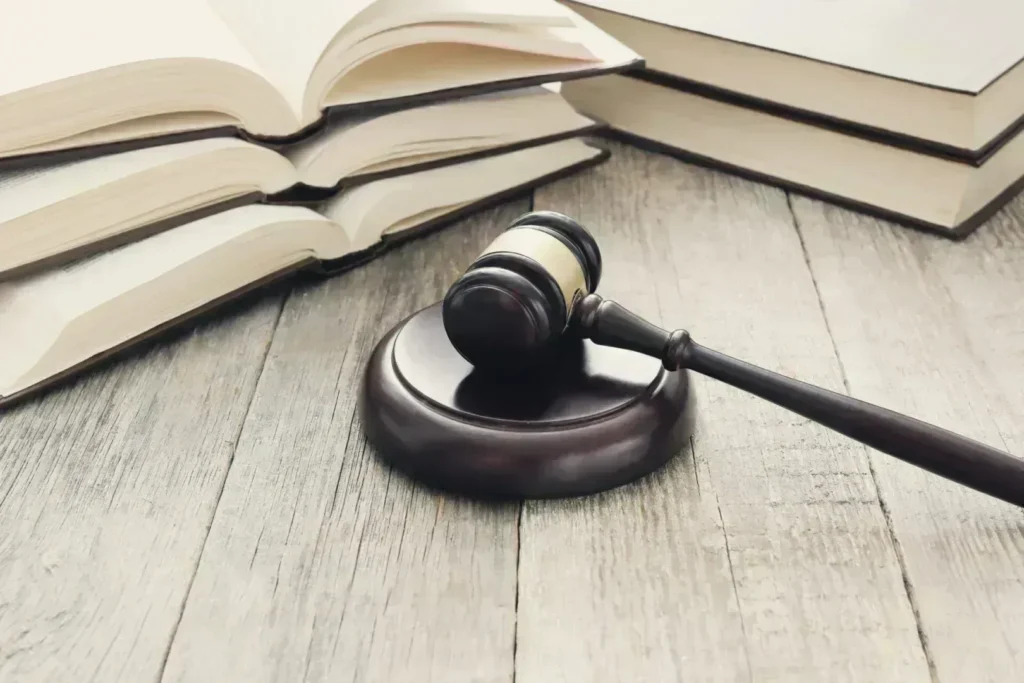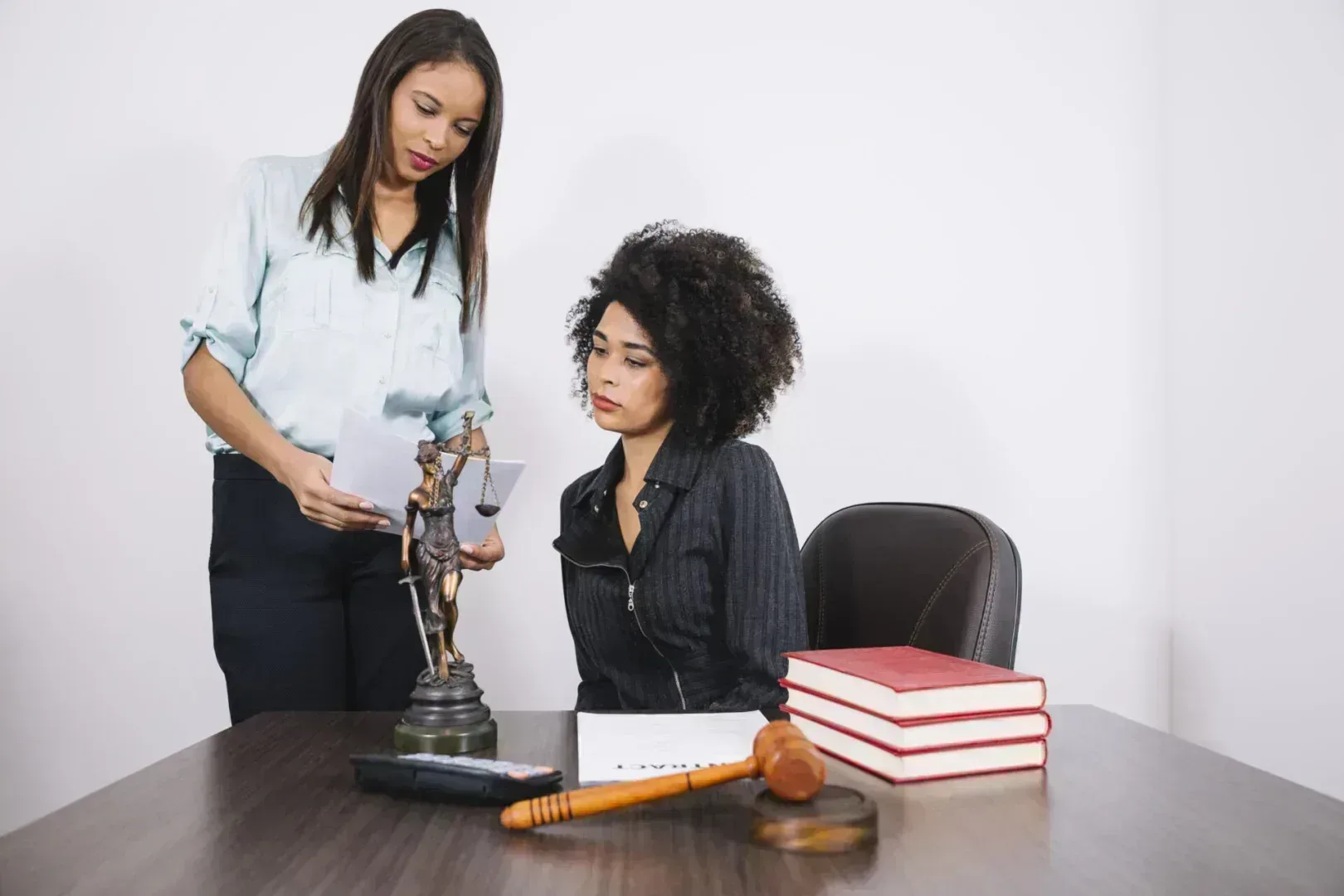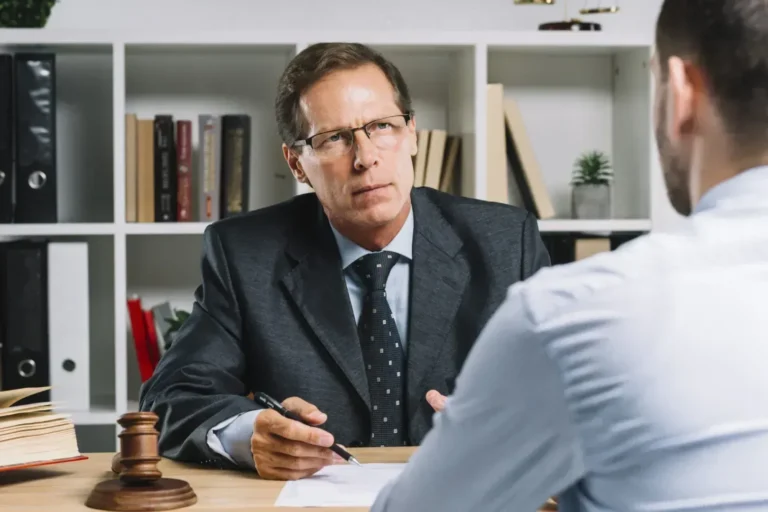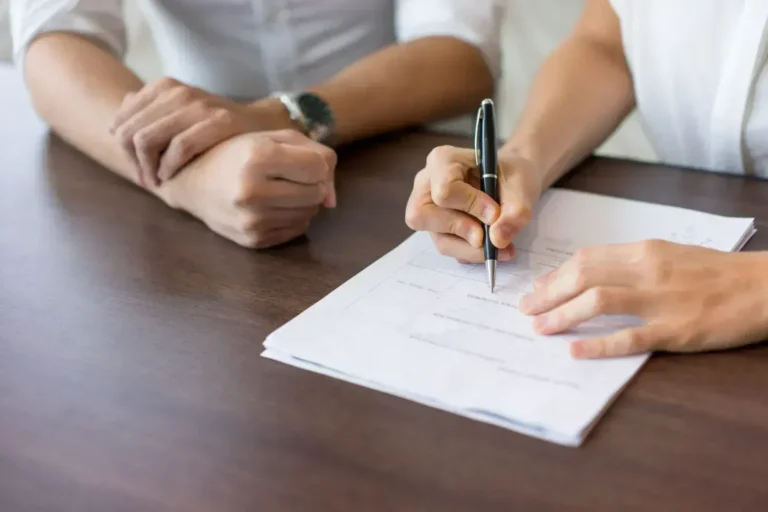Discovery Requirements in Criminal Trial
When it comes to criminal trials, understanding the requirements for discovery can make or break a case. At ReedsAndReeds, although we specialize in divorce law, our extensive legal experience has taught us the importance of thorough preparation. Discovery is the process where both the defense and the prosecution share their evidence, and knowing these requirements is crucial. In this article, we’ll break down these essential steps in a straightforward way, so you can grasp the critical elements at play.
From the point of view of the defense, they need to share any alibi and witness list with the prosecution.
From the point of view of the prosecution, they must provide all evidence that might prove the defendant’s innocence.
Both sides must follow court rules and deadlines for these exchanges.
Introduction to Criminal Discovery
Introduction to Criminal Discovery reveals that it is a critical process where both sides, prosecution and defense, exchange vital information and evidence, often shaping the entire course of a trial.
In general, this process involves sharing documents, witnesses, and other materials that will be used in court. It helps both sides get ready for their arguments and makes sure the trial is fair. Discovery can include things like police reports, witness statements, expert opinions, and physical evidence.
All in all, both sides must share all relevant information with each other, even if it might hurt their case. If someone doesn’t provide the requested discovery, the court can punish them. Discovery can reveal new evidence, lead to plea deals, or even result in charges being dropped. It’s an important part of the criminal justice process that helps keep things fair and transparent.
Defense Discovery Requirements
Defense discovery requirements ensure that a defendant must share specific information, evidence, or materials with the prosecution during the pre-trial phase, aiding in a more transparent and balanced judicial process.
When it comes down to it, these rules ensure a fair legal process, giving both sides enough time to prepare for trial. When the defendant shares information with the prosecution, it helps create a balanced exchange of evidence, reducing surprises or unfair advantages in court. If these rules aren’t followed, it can lead to serious problems, like evidence being excluded or penalties.
To put it simply, it’s very important for defendants to carefully follow all discovery requests to avoid these issues. Following these rules also makes the legal process more efficient by avoiding unnecessary delays or arguments about evidence.
Prosecution Discovery Obligations
As we have already covered, prosecution discovery obligations mandate that the prosecution must share all material and exculpatory evidence with the defense.
Essentially, prosecutors have to share evidence that could discredit their witnesses. If they don’t, they could face penalties like having the evidence thrown out or charges dropped.
The goal of these requirements is to make sure the trial is fair and to avoid wrongful convictions. By giving all the evidence to the defense, the prosecution helps ensure the trial is just and that the truth comes out.
For the most part, these rules also make the criminal justice system more open and accountable. When prosecutors must show all the evidence, it reduces the chance of misuse and helps keep public trust in the system.
In short, prosecutors sharing evidence is key to a fair and transparent criminal justice system. It ensures the accused get a fair trial and helps serve justice.
Types of Evidence in Discovery

Reiterating what was said before evidence in discovery can include things like emails, financial records, video footage, and even social media posts.
To be brief, different types of evidence can be used in a case:
- Testimonial Evidence: This is when someone shares information based on what they saw or experienced.
- Physical Evidence: These are objects or documents that help prove something in a case.
- Expert Evidence: This comes from a specialist who gives their professional opinion on a certain issue.
- By definition, Circumstantial Evidence: This type of evidence suggests something might be true but doesn’t directly prove it.
- Digital Evidence: Technology-related information like emails, texts, and social media posts that can help establish facts in a case.
It’s very important for everyone involved in collecting evidence to follow the court’s rules to make sure everything is done correctly. How strong the evidence is can greatly affect the outcome of the case.
Consequences of Non-Compliance
As previously exemplified non-compliance can lead to multi-million dollar fines and reputational damage.
At its simplest, when rules or standards are not followed, bad things can happen. These might include legal trouble, fines, or even jail. Not following rules can also hurt your reputation and make people lose trust in you. Sometimes, it can lead to harm for individuals, communities, or the environment.
Ignoring rules can make your operations messy and less productive. It can cause increased costs and lost opportunities. At its simplest, it might also make you less competitive in the market. A disregard for rules can make a culture where more violations happen in the future. This can damage relationships with stakeholders, partners, or customers.
In short, not following rules can have big negative effects on both people and organizations. It’s important to understand and stick to rules to avoid these problems.
My Concluding Thoughts
Focusing on earlier analyses, in a criminal trial, both the defense and prosecution are required to disclose certain materials to the other party in order to ensure a fair and just proceeding.
What ReedsAndReeds is highlighting the need for is, these materials often include witness lists, evidence to be presented at trial, and any expert witnesses that will be called upon. Failure to comply with these discovery requirements can result in sanctions or even dismissal of the case.







